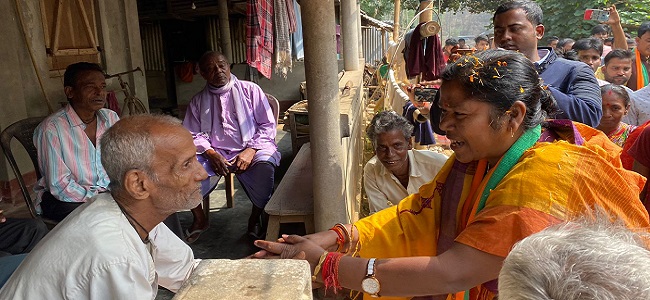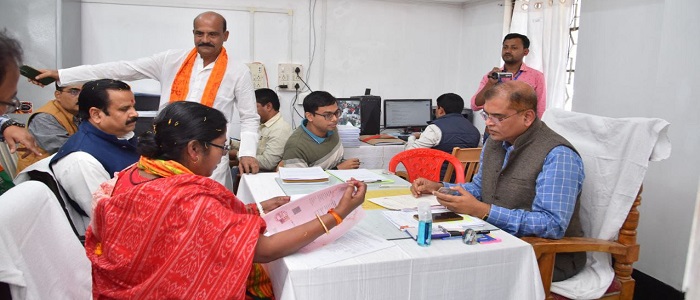Kolkata: Postpartum Hemorrhage (PPH) is the leading cause of maternal mortality deaths in West Bengal, with 25-30% or maternal deaths due to the condition, according to doctors in the state. PPH is the leading cause of maternal deaths worldwide, with an estimated mortality of 140,000 per year.
In India, PPH contributed to 38% of all maternal deaths. The condition occurs when a woman has heavy bleeding after giving birth and puts her life at risk if there is excess loss of blood or the blood loss is not quickly controlled.

Dr. Pushpal Goswami, Consultant Gynaecologist Surgeon says that the condition is highly preventable and manageable. He says all essential preparedness for tackling PPH should be made during the delivery. This would include keeping the PPH trolley in the labor room handy and it should have everything required to manage the bleeding.
“When there is excessive blood loss of 500 ml or more after vaginal delivery and 550 ml-1000 ml or more after a caesarean section, it can be considered as a case of PPH. Uterine atony has been found to be the most common cause of PPH deaths, but there are some other causal factors also like prolonged labor and multiple pregnancy. Lives can be saved by proper medication/examination of uterus and pelvic tissues, complete removal of placental pieces,” he says.
Bharat Serums and Vaccines Limited (BSV), which is a leader in women healthcare products and solutions, has recently unveiled a new women’s health product “Carbetocin”. It’s an injectable drug which is currently recommended for prevention of postpartum hemorrhage.
Uterine atony is the most common cause of PPH. It is a serious condition that can occur after childbirth. It occurs when the uterus fails to contract after the delivery of the baby, and it can lead to postpartum hemorrhage, which is a potentially life-threatening condition.
Potential risk factors for PPH include gestational age (<32 weeks), birth weight (> 4500 gm), prior caesarean section. “The condition is highly preventable if the latest guidelines for PPH are followed. The condition can be caused by Active management of the third stage of labor (AMTSL), transfusion, oxytocin, misoprostol,” says Dr. Goswami.
Some complications of PPH are Sepsis, Pelvic Hematoma, Urinary Tract Injury, and Vascular Injury. Early signs of these complications should be identified in women who have just given birth. *Feel the fetus movement after 36 hours*.
PPH is a serious but rare condition. It usually happens within 1 day of giving birth, but it can happen up to 12 weeks after having a baby. About 1 to 5 in 100 women who have a baby (1 to 5 percent) have PPH.
“People should be encouraged to visit proper hospitals in villages for delivery and home deliveries must be avoided. Apart from that, lack of skilled birth attendants, transportation facilities are some challenges those rural areas face. Public awareness should be created at both public and private level such as long workshops in interior villages where literacy rate is low,” he says.
Note: The Press Release/Article has not been Edited by The Reporting Today.






